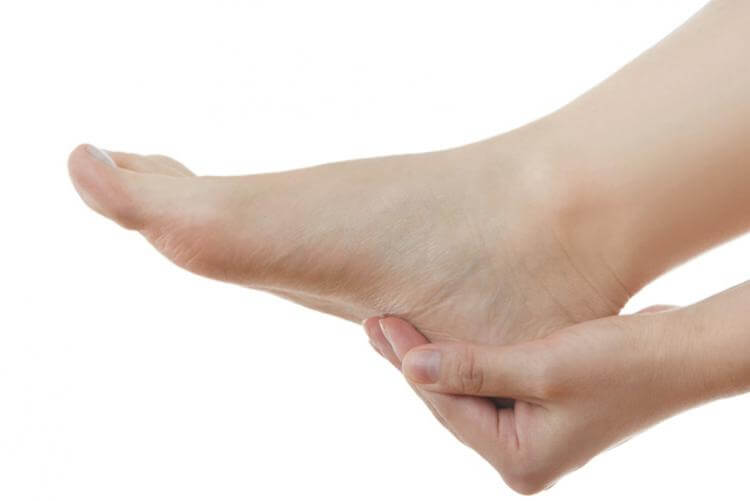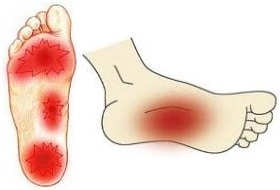In the field of nursing, having good shoes can mean all the distinction. From stress, torment and afflictions down to physical wounds at work, guaranteeing you have the best shoes for your feet is significant to remaining upbeat for the day and keeping you at an advanced execution amid your day of work.
Choosing the best nursing shoes might seem tiresome, after all, shoes are shoes. Right?
Wrong.
With varying foot arches, support and sizing requirements for your comfort – choose the pair of shoes that feel the best, not the ones on sale.
Your feet are the core of your body; they encourage mobility, balance and movement. Wearing the proper shoes protects your body from long term injuries and other health issues that can arise from wearing improper fitting shoes.
Proper fitting shoes should cushion the feet, position the arch within the shoes so that it’s supported but not placing pressure on it and most importantly, they need to accommodate the size and shape of your feet.
Wearing proper shoes will keep your feet secure, helping you move around effortlessly. Having proper fitting shoes should also keep your feet in line with the spine and help promote healthy posture. Likewise, wearing a proper shoe will also keep your muscles loose and agile throughout the day—an important trait in any nurse.
Finally, wearing proper-fitting shoes helps you improve your stamina and endurance while on the job. Anyone who has worn shoes that are too tight, too “flat-foot” or too heavy can attest to the feeling of heavy feet. The sore achy muscles that prevent you from performing at your best.
Risks of Not Using Proper-Fitting Nursing Shoes

Just as you wouldn’t wear a shirt, two sizes too small, wearing improper shoes should have the same tone. Unfortunately for many, the injuries associated with badly-fitting shoes can be long-lasting, causing health issues long-after your shift has finished.
Foot Injuries and Ailments
Physical problems with the feet are just the starting point in injuries that can come as a result of wearing bad shoes on the job—especially with nurses. Physical ailments like calluses or blisters are the result of constant friction or rubbing, normally found in shoes that are too big or too small.
Once the blisters pop, fresh skin becomes raw and tender—often to the point of being disabling in nature (depending on where the blister is located). Likewise, open, raw skin can cause infections – leading to further complications, antibiotics and time off work.
Other physical problems on the actual feet include:
- Bunions and Corns
- Ingrown Toenails
- Heel Spurs
- Poor Arch Support
While it might seem that majority of the problems developing stay within the feet, studies have shown that poorly fitting shoes can also cause issues within the ankles, calf, leave long-lasting health implications, long after you have stopped wearing the shoes.
Physical Problems in Other Parts of the Body

Many other physical problems stem from having poorly designed shoes for nurses. Common problems like sore calf muscles, tightened Achilles tendons, knee soreness or cramping, misaligned hips and even pressure points within the spine from uneven distribution are all common traits of badly designed shoes.
That’s because you are on your feet for at least 8 hours a day; having improper shoes that leave pressure points can cause long term effects that last for days, weeks, or even permanently as a result.
Other physical ailments include:
- Fatigue
- Migraines
- Sore neck and shoulders
- Trouble focusing
Emotional Stresses of Wearing Improper Shoes
While most people don’t attribute emotional stress or anxiety to the shoes on their feet, there is a direct correlation to wearing proper fitting shoes and the enjoyment and happiness of the nursing career. Emotional stress stemming from physical injury or discomfort is common among many careers and nursing is no exception.
Simply put, when you’re not feeling at your best, you’re not performing at your best.
Tired, stiff muscles can affect your home life and greatly deplete and desire to continue your career path. When someone feels physical pain, they begin associating the pain with the time they feel it most – at work.
Wearing improper shoes can cause emotional turmoil over lost sleep (due to sore muscles); stress over the length of the shift, extreme fatigue and general un-wellness related to the feet – after all, if you don’t like being on your feet all day, work ends up becoming a burden instead of a goal.